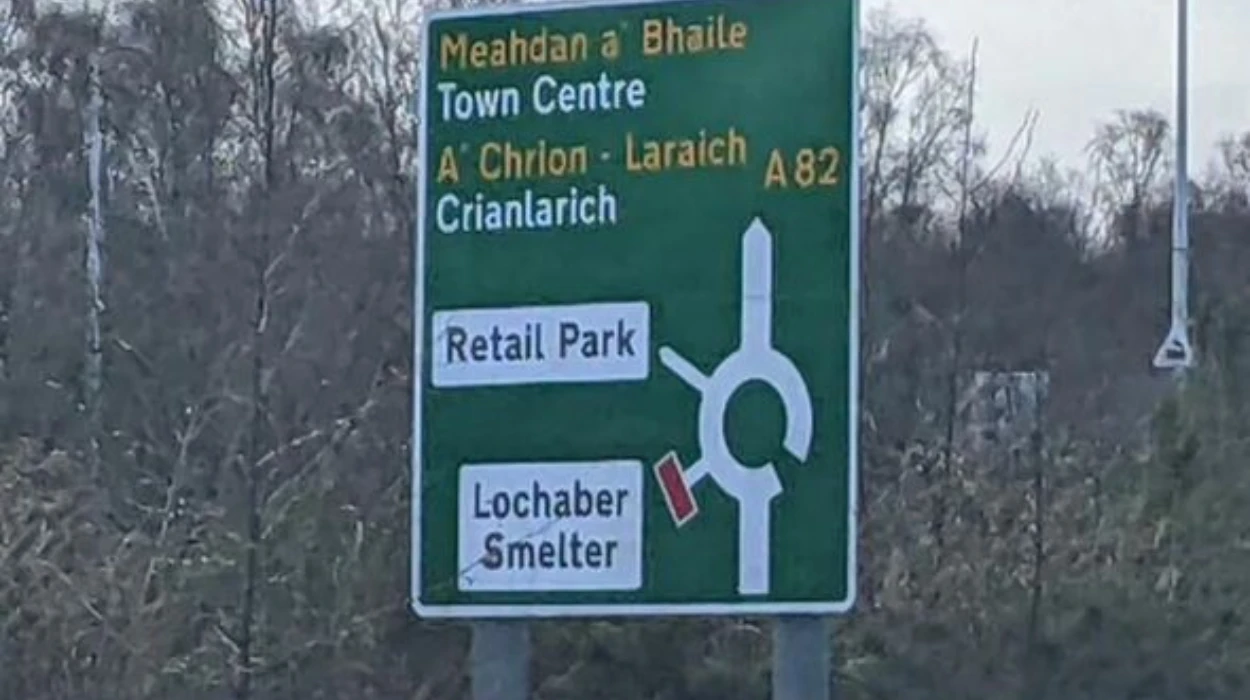UK (Parliament Politics Magazine) – SNP’s new bill lets Scottish parents request Gaelic schools, sparking backlash for focusing on a minority language spoken by just 1% of the population.
As reported by The Telegraph, the SNP has approved a policy allowing parents to request Gaelic-medium education anywhere in Scotland, despite the language being spoken by only 1% of the population.
What did Kate Forbes say about Gaelic’s future in schools?
Deputy First Minister Kate Forbes has announced that any parent in Scotland may request a Gaelic-medium school in their area under the new language education policy.
Her remarks follow April’s revelation that Scotland had seen a sharp 25% drop in modern language teaching staff since 2008 when the SNP assumed power.
Revealing the new plan at Inverness Gaelic Primary School, Ms Forbes stated,
“This Bill aims to build a strong foundation to support Gaelic’s continued growth following an encouraging increase in Gaelic speakers and learners across Scotland.”
She said,
“It would boost Gaelic education provision throughout Scotland, and better establish Gaelic and Scots as national languages.”
Ms Forbes added,
“Gaelic medium education enriches communities and offers good value for money. Gaelic medium schools frequently demonstrate above-average performance, with some local authorities showing better grades across all qualification levels despite costs being no greater than English medium schools.”
What did Stephen Kerr say about the SNP’s Gaelic school plan?
Scottish Tory MSP Stephen Kerr slammed the SNP’s Gaelic education proposal. He called it “a staggering misjudgement of priorities” and “a blatant example of the SNP chasing ideological vanity projects.”
Criticising the policy, he said,
“Scotland’s education system is in a state of serious decline – standards in literacy and numeracy are falling, teachers are overstretched, and far too many pupils are being failed.”
Mr Kerr added,
“Yet the SNP Government thinks the priority is to open Gaelic schools in areas where Gaelic isn’t spoken as an everyday language. This is a staggering misjudgment of priorities. It’s a blatant example of the SNP chasing ideological vanity projects instead of addressing the real problems facing Scotland’s classrooms.”
What did Miles Briggs say about the SNP’s Gaelic education plans?
Miles Briggs, the Scottish Conservative shadow education secretary, stated,
“This should not deflect SNP ministers from ignoring their dismal record on other languages, given they have presided over the loss of hundreds of modern language teachers.”
He added,
“Together with their failure to eradicate the attainment gap, and an alarming rise in violence in our classrooms, these plans cannot neglect the urgent need to reverse the decline the SNP’s policies have caused in Scotland’s schools.”
Data about the Gaelic language
The latest census data from 2022 shows that Gaelic is spoken by only 58,000 individuals across Scotland, accounting for 1.1% of the total population.
The last native Gaelic-only speakers passed away roughly five decades ago. Since then, both Labour and SNP administrations have continued promoting the language’s revival through youth and adult education.
Major decline in French and German teachers
The number of French teachers in Scotland has dropped by 44.2%, while German language staff have seen an even sharper fall of 63.3%, leaving only 66 German teachers – marking a historic low.
Scotland has slipped in global literacy rankings, with students now trailing their English peers in both reading and writing standards.
When did bilingual signs first appear in Scotland?
Scotland began introducing bilingual signage in the 1990s. The move was launched by Donald Dewar during his tenure as Scottish Secretary, before becoming the inaugural First Minister after devolution.
SNP’s language bill
- Gaelic protection & promotion – Strengthens the status of Gaelic as an official language of Scotland
- Scots language recognition – Officially recognizes Scots as a language, not just a dialect, and supports its preservation.
- Public sector duties – Requires public bodies to develop language plans for both Gaelic and Scots where relevant.
- Education support – Encourages Gaelic-medium education (GME) and promotes Scots in schools.
- Signage & media – Supports bilingual signage (English/Gaelic) and boosts Gaelic broadcasting (e.g., BBC Alba).


